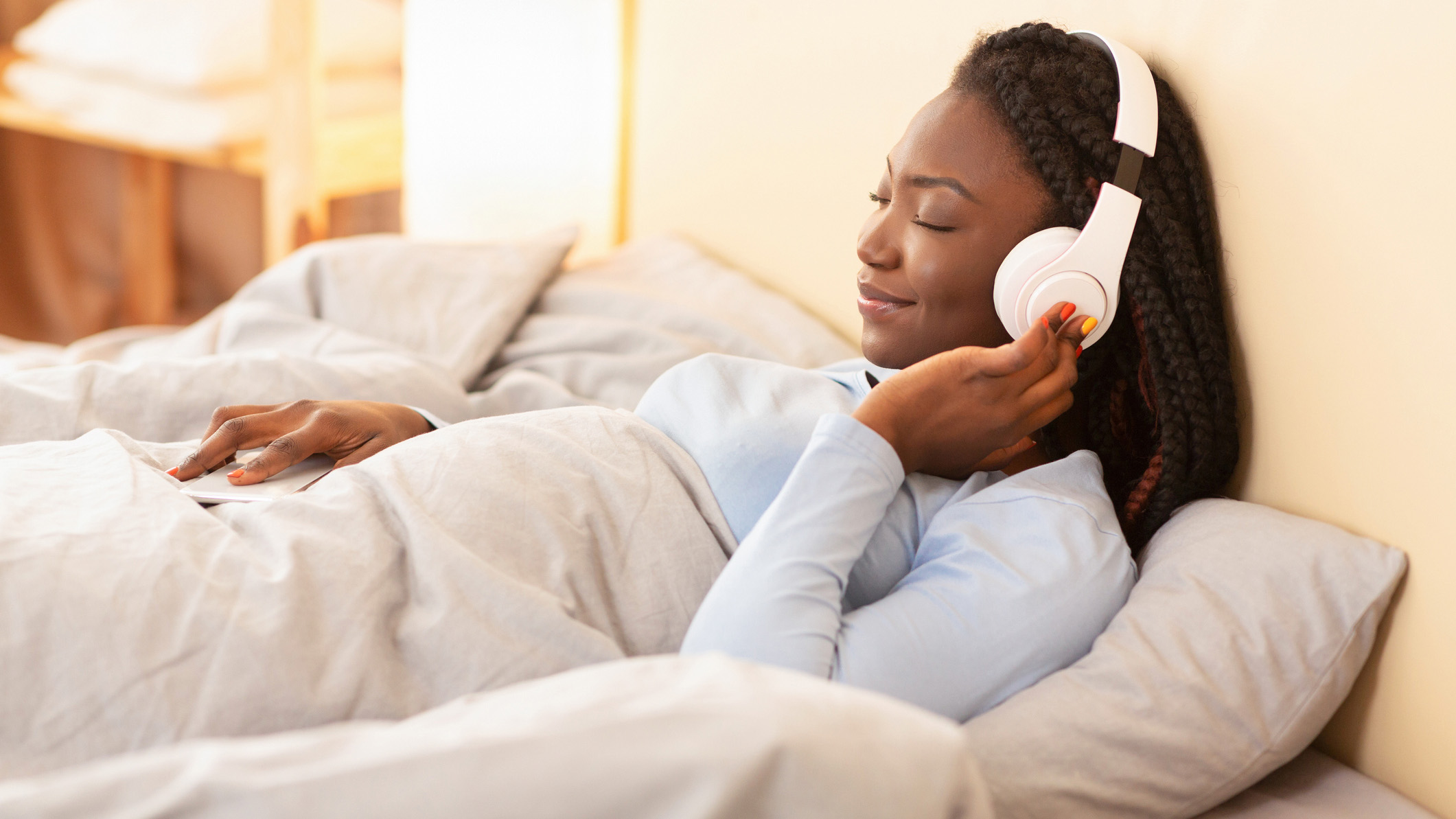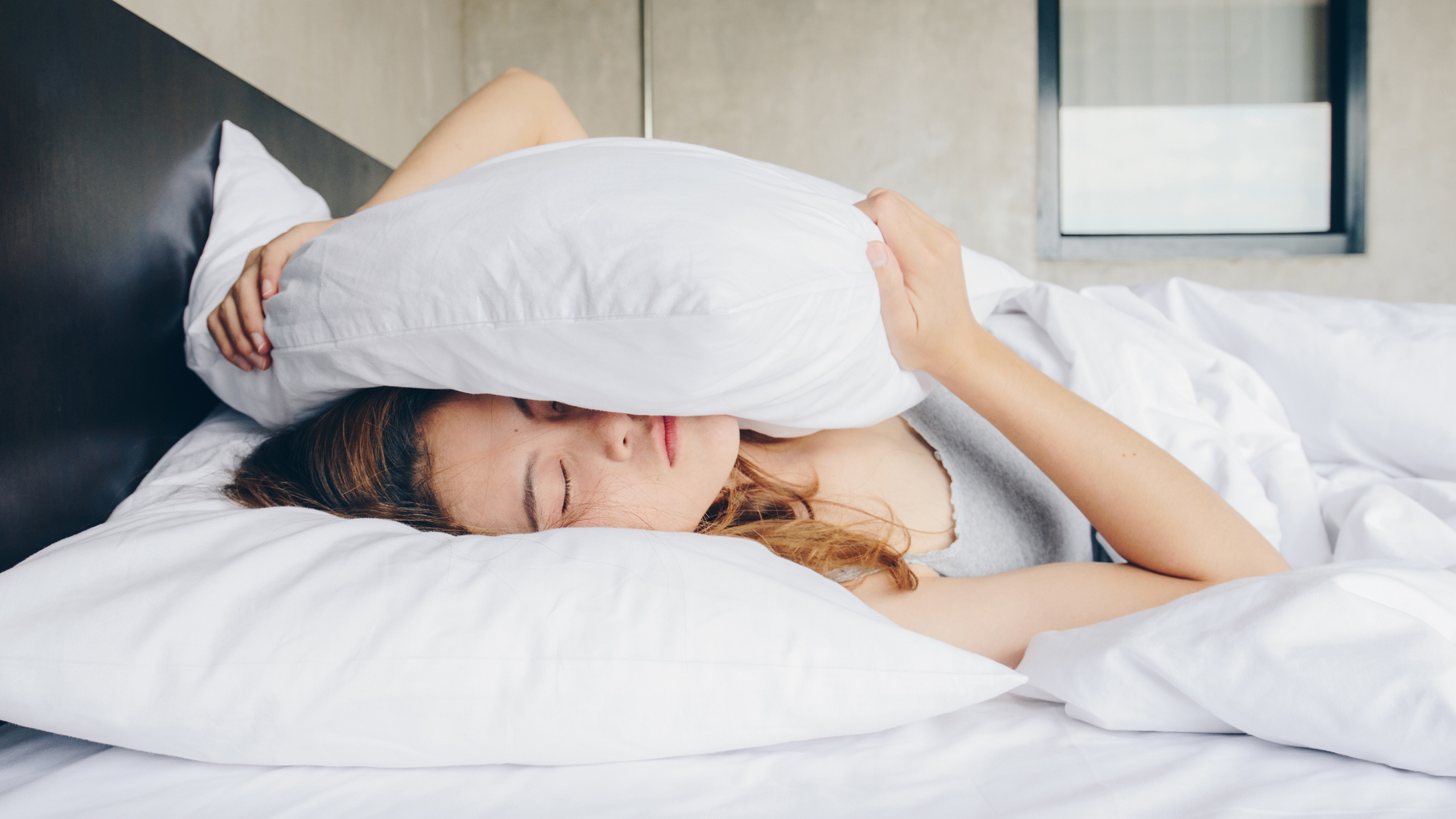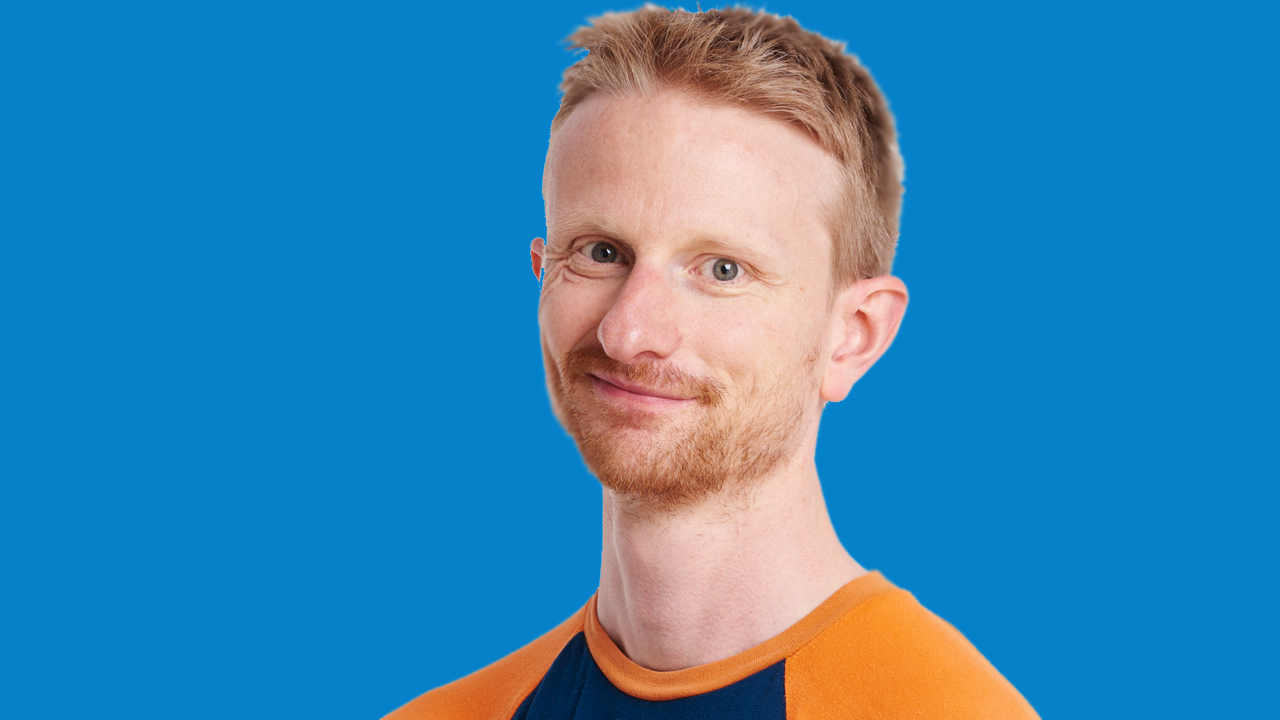You may have seen language (and other) apps making bold claims about how you can use them while you sleep. So naturally our question is, can you learn languages in your sleep, or is this simply untrue? Surprisingly, there’s no clear-cut answer. While there are currently no proven methods for learning languages while you’re asleep, recent research suggests that maybe, actually, it is possible to learn languages in your sleep… up to a point. As it's Sleep Awareness Week 2021, we thought we'd take a closer look at this tantalizing question.
A study by German scientists published in the journal Current Biology argues that there is evidence to support the theory that we can learn to pair words during our sleep. What does this mean? Essentially, while we’re asleep we can hear one word spoken in one language, then the same word spoken in another language, and make the association between them when we’re awake… As long as we’ve been exposed to that pairing previously. Our brain makes the connection (or at the least strengthens it) during slow wave sleep. This is interesting, as slow wave sleep is the deepest level of normal human sleep, a state already linked with strengthening memory.
According to the study: “When the presentation of the second word of a pair (e.g., “Haus” of “tofer-house”) coincided with an ongoing slow-wave peak, the chances increased that a new semantic association between the pair had been formed and retained.” The chances of recalling a word in a foreign language, then, had increased.

How do you learn languages in your sleep?
The first step, then, is to sign up to a language app. We have lists of the best learn Spanish software and best learn French software - most of which have apps that will play on your phone and tablet (and may even broadcast via a Smart speaker). Downloading one of these is your first step, as you need to get a basic grounding in the language before you begin. While slow wave sleep has been proven to help with matching word pairs, and therefore increasing your vocabulary knowledge with a new language, it won’t help you with the technicalities of that language, like grammar, punctuation, and sentence structure. Again, the report in Current Biology suggests that: “Sleep-formed associations translated into awake ones, where they guided forced choices on an implicit memory test.” This is about learning words and making associations between then - pure vocabulary.
While you may or may not have heard of them, sleep headphones are a thing. Most double-up as a sleep mask, and you wear them as a wrap-around device on your head. They're actually pretty comfortable, even if they look a bit strange. You can find a full selection at Amazon.com.
Next up, work out how you’re going to get the information to play while you’re asleep, and assess the optimum time to play it. This site has a handy guide on the various stages of sleep, and how long they last, but a summary is that we sleep in cycles of about 90 minutes each. The first half of this is usually phase one and two sleep (non-REM and REM), which is then followed by slow wave sleep - the one we need for language learning. Cycles are more effective during the first half of the night, so if you’re looking to play language software vocab lessons, we recommend it for the first half of the night, and perhaps for a couple of hours each night. If you can delay the start of the app, do so for about 30 minutes after you settle down to sleep.
It’s worth adding that this method appears to be largely limited to reinforcing the words, rather than learning them afresh. According to a Dutch report published in 2015 at PubMed, there was only improvement in learning among people who were re-exposed to language vocabularies, rather than words people had no previous knowledge of. In other words, sleep helps you to remember and recall words you’ve already seen, and can’t implant knowledge in your brain. There has been no conclusive research that suggests you can perform brand new learning in your sleep, when it comes to languages.

Can better sleep help you learn more?
This will all depend on how well you generally sleep, and people have slightly different sleep patterns, so there are no guarantees or specifics. The advice above should give you a rough guide on when to play your language app, and how effective you think it’ll be for you. Some people may never be able to learn languages in their sleep, or gain the benefits of slow wave sleep for reinforcing vocabulary, but many will. If you feel you need to improve your sleep, we recommend first checking your mattress to make sure it’s right for your needs, and it’s not older than 7 years (the recommended age of replacement). If you need a new one, we have a guide to the best mattresses online, to help you make a decision.
Sadly, we are having poorer sleep during the coronavirus pandemic, and this impacts exactly how long we are in that all-important slow wave state. So anything you can do to improve your sleep should take priority over learning, at least to begin with. Not only will better sleep give you more time during slow wave sleep to absorb language vocabulary, but it will improve your health and memory overall, which will make you more able to learn when you’re awake. As the report in Current Biology notes: “It is well known that learning new information acquired while awake depends upon consolidation during sleep”. Better sleep is just a good thing generally, regardless of what you do during waking hours.
Looking for more sleep or relaxation features? We have a guide to the best meditation apps to help you calm your mind during the day. And if you’re looking to save money on new bedding, then the best purple mattress deals could help you out.

